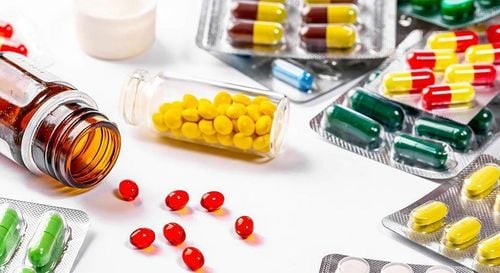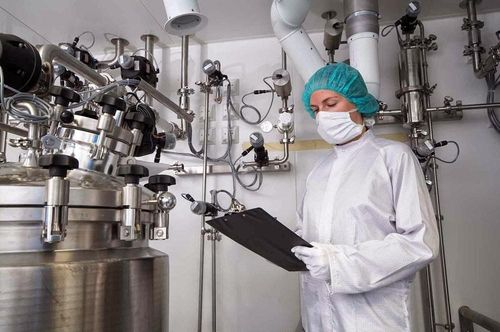This is an automatically translated article.
Placebo is a medical treatment that does not use the active ingredients of the drug to cure the disease but is based on the beliefs of the patient. This method does not work to cure the disease completely, but only improves the symptoms of the disease or health condition to a specific extent.
1. What is Placebo?
Placebo or placebo effect, also known as placebo appeared very early, from the nineties of the 19th century. This is a term to describe drugs that have no pharmaceutical substance, no clinical value. . These pills are often prescribed by doctors for patients who have few clinical manifestations or symptoms, or when they have a suspected disease but are in fact completely healthy, with no health problems.
Placebo tablets have a neutral composition and are completely harmless. The main ingredient of the placebo was either sugar or calcium gluconate.
Although there is no pharmaceutical substance, Placebo makes patients feel their health is improved more after using. Currently, Placebo is made mainly by oral drugs, which can be in the form of a solution for injection or intravenous infusion or provide false information but bring beneficial effects to the patient.
2. How the placebo effect on the body
Placebo effect can affect both psychology and physiology of the human body. Placebo studies focus mainly on the relationship between the mind and body of patients. Thanks to the patient's expectation to create a therapeutic effect, although there is no chemical effect, the Placebo effect gives the patient a feeling of being cured like the effect of the drug.
Placebo effect has a strong impact on patients who have motivation and belief in treatment regimens or groups of subjects that have been treated effectively before.
Placebo effect will work when the patient has 2 factors, namely expectation and conditionality.
Expectation: Patients always expect and hope that the drug will have a good effect on their health and condition. Thereby causing the body to respond on its own and show the effect of the placebo drug. However, when the patient does not expect the drug to work or is worried about a certain side effect of the drug, it causes other unwanted symptoms, which cancel the effect of the drug called nocebo. . Placebo effect increases the activity of dopamine and opioid receptors, which has positive effects on pathology and health. Meanwhile, nocebo reduces the activity of these receptors and causes the opposite effect. Conditionality: This element is compared like conditioned reflexes. In case the patient was previously treated in a good environment and cured, the next time the patient will have psychological treatment at the place where he was previously treated. Besides, the patient will think that they are taking good medicine, the nerves and brain will work by producing endogenous endorphins, thereby reducing pain symptoms and helping to improve the condition. Through studies also show, Placebo brings different effects for different diseases of the body. In particular, Placebo is more effective when treating neurological diseases or some functional cardiovascular symptoms such as: arrhythmia, palpitations, extrasystoles, blood pressure, etc.
Placebo effect does not have the effect of definitively treating a patient's illness, but can only improve symptoms or health conditions to a specific extent.
In fact, if applying Placebo properly and appropriately in situations, with the desired effect, it is still considered an effective disease treatment method.
3. Factors affecting the effectiveness of placebo
The effectiveness of a placebo depends on various factors, such as:
Capsules are more effective than tablets. Two pills work better and provide better treatment than one pill. The larger pill is more effective than the smaller one. Injections are more effective than tablets. Drugs from big foreign brands are more effective than domestic ones. The red, yellow or orange pills have a stronger effect, while the blue and green pills have a better sedative effect. The Placebo effect also produces effects that vary between cultures and countries around the world. Although Placebo does not have the active ingredients of the drug, it brings positive effects to patients during the treatment process. They are special treatments that are almost effective for most symptoms known to man. Placebo can be considered a safe and effective treatment because it does not cause serious side effects and drug overdose.
Please dial HOTLINE for more information or register for an appointment HERE. Download MyVinmec app to make appointments faster and to manage your bookings easily.









